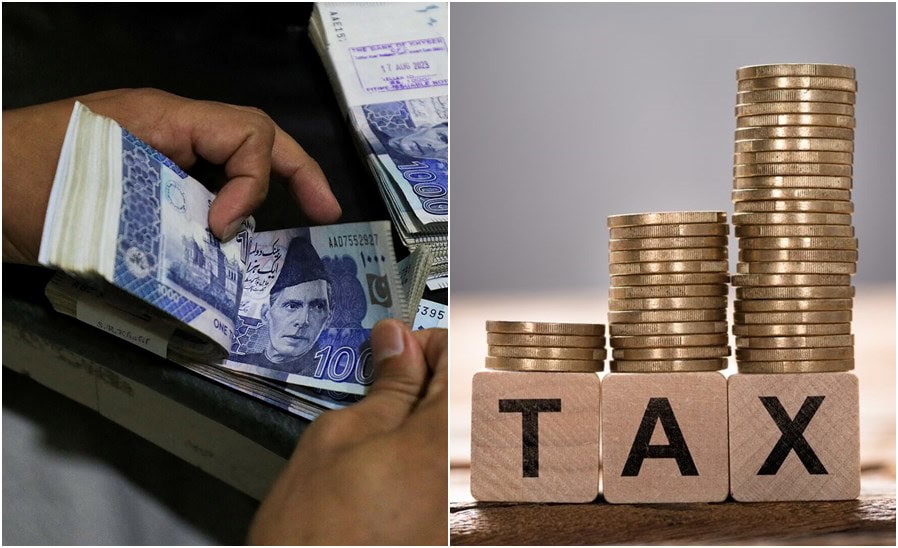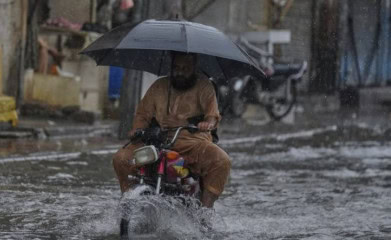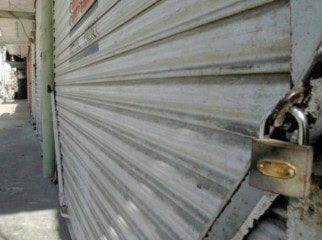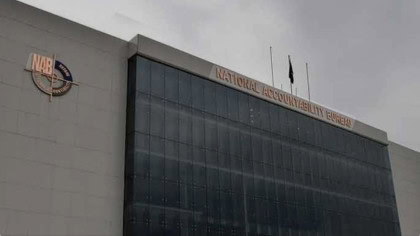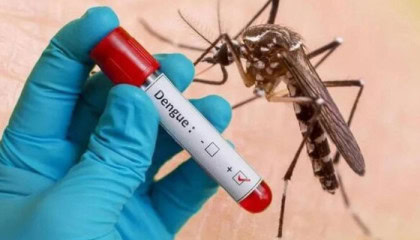ISLAMABAD – Pakistanis are bearing the brunt of new taxes and now, shocking reports claimed staggering 20percent taxes on cash transactions over Rs2Lac after changes to Section 21(s) of the Income Tax Ordinance.
These social media reports also prompted response from FBR, as officials mentioned slapping businesses that receive more than Rs2Lac in cash for any single sale by disallowing 50pc of associated business expense when calculating taxable income.
Officials of country’s apex tax collection agency said these measures jacked up tax burden by artificially inflating taxable profits. If any business get Rs2lac in cash and claims Rs. 30,000 in related expenses, only Rs. 15,000 of that expense will be allowed.
Cash transactions under 2Lac remain unaffected, as government want businesses to shift to digital payments to avoid penalty.
As government wants accountability, new tax rule is confusing masses as it doesn’t clearly explain how to decide which expenses are linked to big cash sales over R2Lac, giving tax officials too much freedom and putting businesses at risk of unfair treatment.
Tax on Cash Transactions over Rs2Lac
| Transaction | Amount of Cash | Mode | Tax |
| Business Sale | Rs. 199,999 or less | Cash | 100% expense allowed |
| Business Sale | Rs. 200,001 or more | Cash (non-digital/non-banking) | 50% of related business expense disallowed |
| Business Sale | Any amount | Bank Transfer / Digital Payment | 100% expense allowed |
Meanwhile, small and medium businesses are already facing heat with soaring costs and low sales, but the tax chief insists it won’t change until next year.
For the unversed, this is not direct tax, but a restriction on deducting business expenses. It applies only to cash transactions exceeding Rs. 200,000 per invoice.
New Taxes after Budget 2025
The government jacked up tax rate on dividends received by companies from mutual funds earning profit on debt, raised from 25% to 29%. Withholding tax increased from 15% to 20% on profit from government securities paid to institutional investors (excluding individuals).
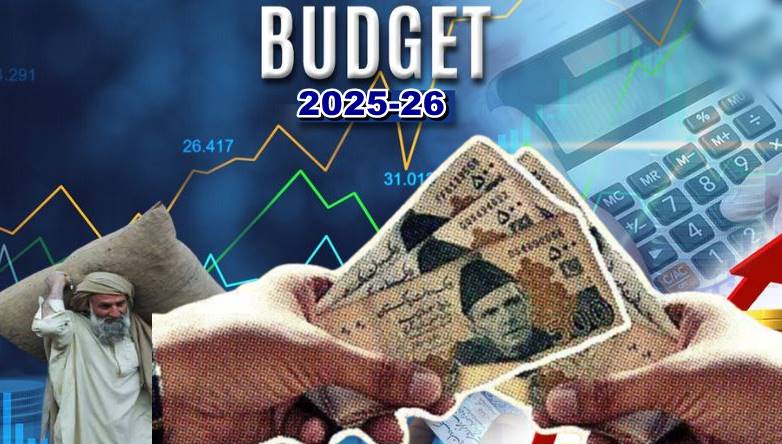
The government also slapped Climate Support Levy (CSL) in 2025–26 budget to replace earlier NEV Adoption Levy, targeting internal combustion engine (ICE) and hybrid electric vehicles (HEVs) to promote cleaner transportation. CSL imposes one-time tax based on engine size—1% for up to 1300cc, 2% for 1301cc to 1800cc, and 3% for engines above 1800cc while fully electric vehicles (EVs).

